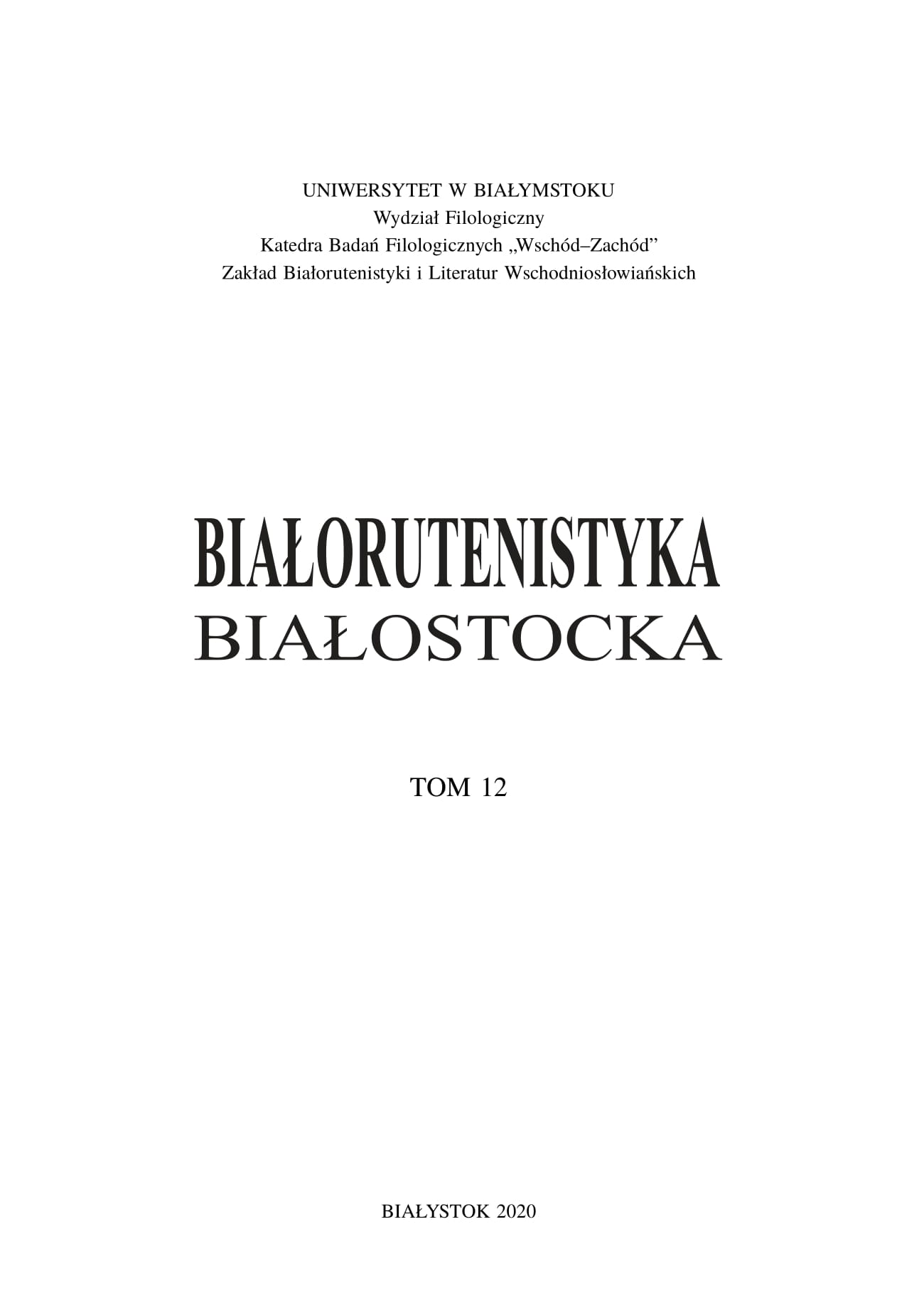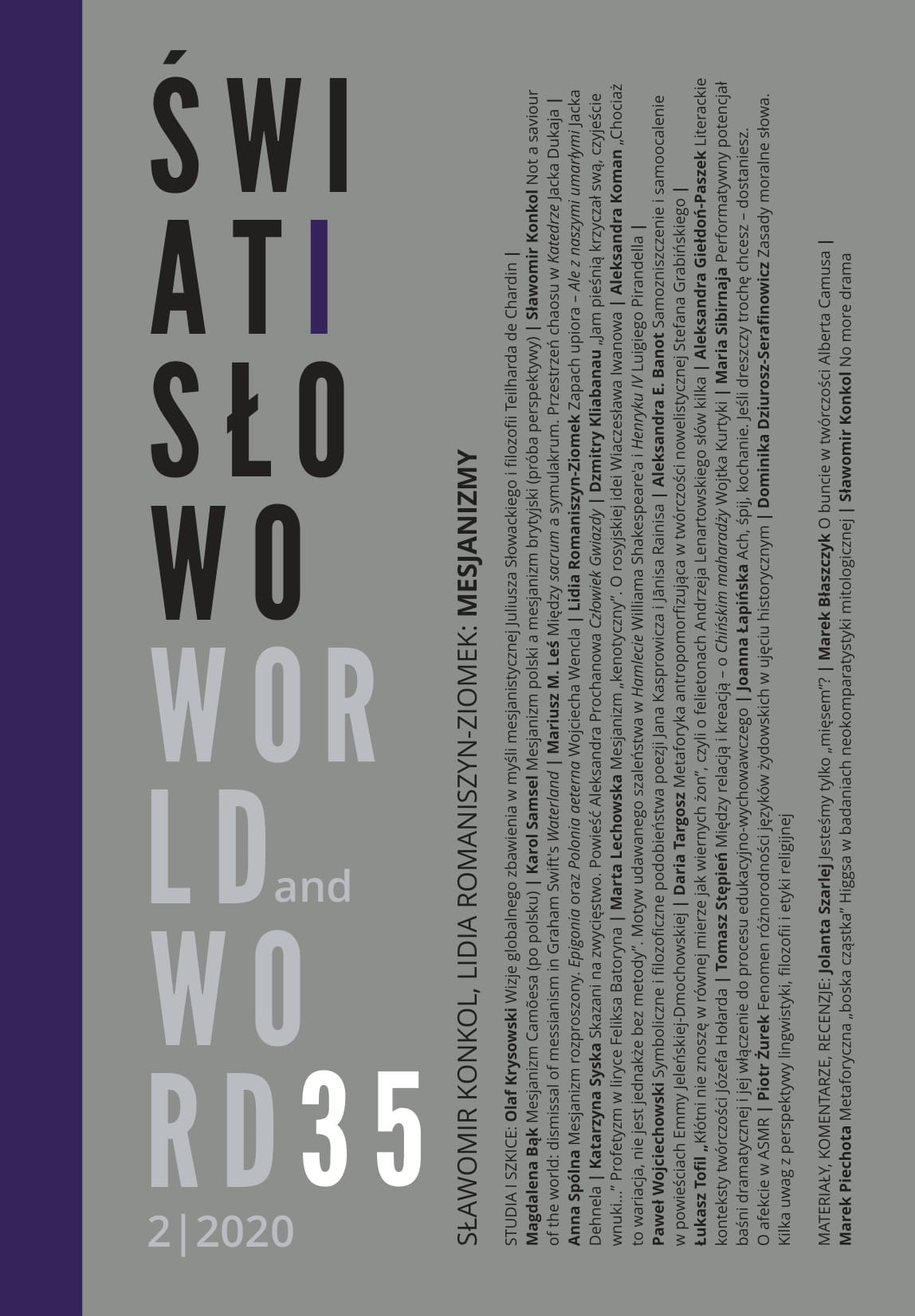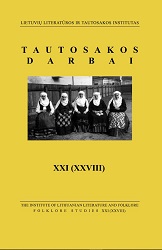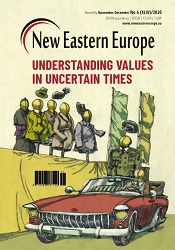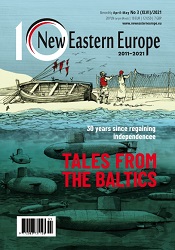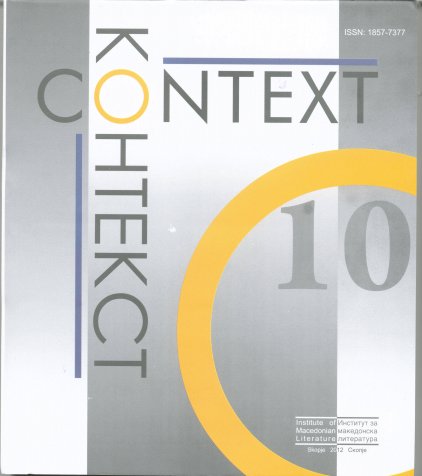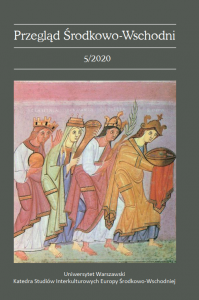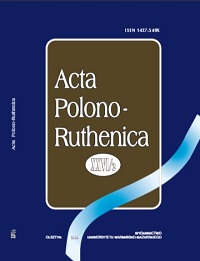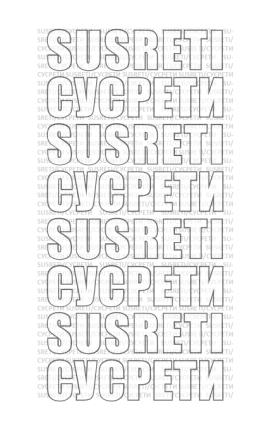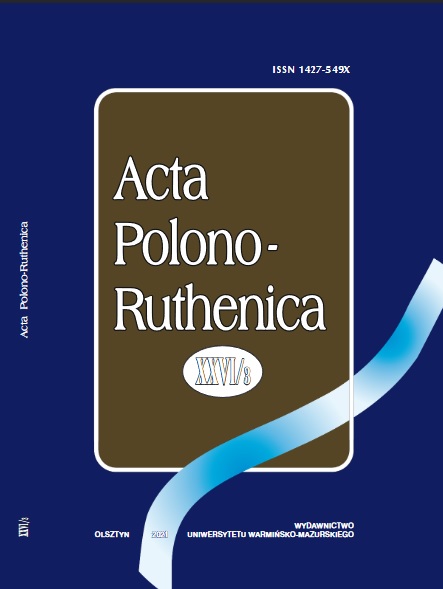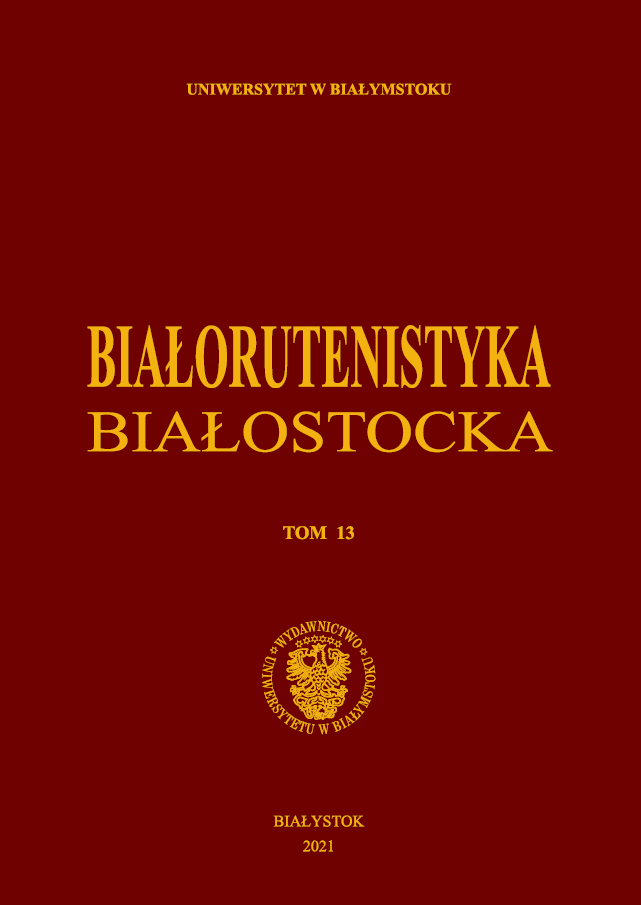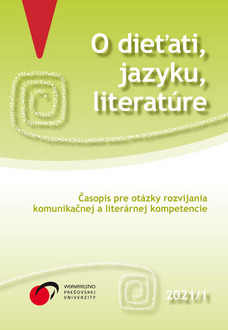Author(s): Milan Gjurčinov / Language(s): Macedonian
Issue: 10/2012
In the introduction, the author persists to explain his view according to which the “rapid development” is more of a feature of some Slavic literatures, which lagged behind the most developed world literatures in its historical development, rather than a theoretical principle or imposed model. Then he summarizes the views of those specialists in literature that have paid attention to this phenomenon, indicating its complexity and non-synonymy: G. D. Gatchev, M. Bagdanovich, Al. Flaker, S. Petrovich; of the new ones: V. A. Maksimovich, Gorelih, and among the Macedonian: Al. Spassov, M. Gjurcinov etc.; as well as the Yugoslav authors that repeatedly pointed to the discontinued development of some of the literatures of the former Yugoslav community - Sv. Petrovic, Fr. Petre. In his analysis, he gives a special place to the Macedonian-Belarusian examples in which there are many similarities and coincidences. He does not forget to quote the opinion of one of the most prominent names of the Belarusian revival at the turn of the XIX and XX century, Maxim Bagdanovich, who wrote: “Over eight to nine years of its free development, our poetry passed all those roads, but partially also a detour paths, that European poetry has established through more than hundred of years. From our lyrics it could be easily made a ʼshort repetitorium' of the European literary directions in the last century. Sentimentalism, romanticism, realism and naturalism, finally - modernism, it sometimes, even in their various currents, has reflected in our own poetry ñ although, often superficial, incomplete, however, it has reflected”. Concerning the literary studies, especially in the Macedonian cultural area, the next step could be the answer to the question: how - after the setting of the postmodern paradigm, which in some Slavic literature, especially in Macedonian, coincided with a strong impact of national-historical and traditionalist euphoria, which, actually were moving towards annulling the results of the “accelerated development” - to overcome this “going backwards” and to accomplish a new value ascent of the contemporary Macedonian literature, which would denote a reaffirmation and continuation of the continuity achieved exactly with the results of the former “rapid development”.
More...
